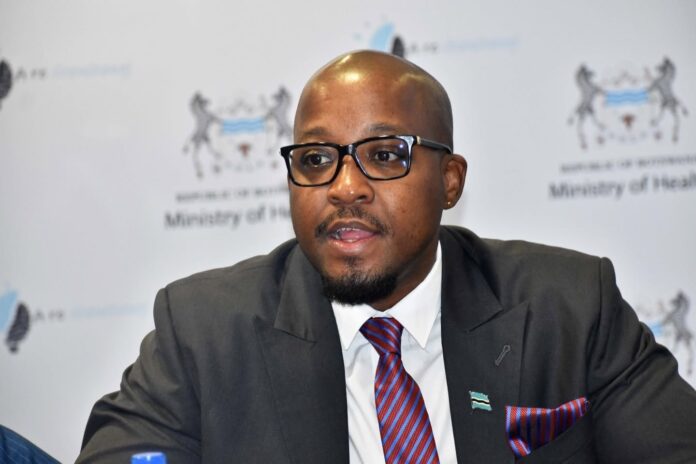The public health sector is facing a severe shortage of orthopedic surgeons, a crisis that has disrupted specialist services in rural hospitals and placed increased pressure on referral hospitals in urban centers. The situation was brought to light recently when Kgosi Paledi of Kgalagadi North raised concerns about the suspension of orthopedic outreach services at Hukuntsi Primary Hospital.
Responding to the inquiry, Minister of Health Dr. Steven Modise confirmed that the country currently has only eight orthopedic surgeons working in the public sector. All of them are stationed at Princess Marina and Nyangabgwe Referral Hospitals, making it increasingly difficult to extend their services to outlying districts.
Minister Modise explained that Hukuntsi Primary Hospital previously benefited from a monthly orthopedic outreach program run in partnership with the non-profit organisation Airborne Life. The program relied on the availability of specialists from the two referral hospitals and was also dependent on flight schedules coordinated with the NGO. However, since August 2023, there has been no orthopedic outreach to Hukuntsi due to the acute shortage of specialists.
With no orthopedic surgeon available to serve the district, patients in need of such care are now being referred to Princess Marina Hospital in Gaborone, hundreds of kilometers away from Hukuntsi. This has placed a significant burden on both patients and the healthcare system.
The Minister acknowledged that the shortage is part of a broader crisis affecting surgical services across the country. To address the problem, he said the Ministry has launched a number of initiatives aimed at expanding access to specialist care. These include strengthening partnerships with countries like Cuba and China to bring in foreign specialists, working with the private sector to outsource urgent cases, and partnering with organisations like Airborne Life to help reduce surgical backlogs.
Minister Modise further revealed that the Ministry is engaging private specialists to work within government facilities and has already piloted this approach through orthopedic surgical campaigns held earlier this year at Mahalapye District Hospital and Sir Ketumile Masire Teaching Hospital. At the policy level, the Ministry is also working with the Directorate of Public Service Management (DPSM) to improve salaries and working conditions for specialists in an effort to attract and retain talent in the public health sector.
In addition, the government is increasing its investment in training local specialists. One Motswana orthopedic surgeon graduated last month, and another is expected to complete training later this year. Both will be absorbed into the public healthcare system. The opening of SKMTH to the public and the hospital’s role as a teaching institution are also expected to contribute to the long-term development of specialist capacity, including orthopedic care.
The Minister stressed that the Ministry is also prioritising primary health care to reduce the burden on specialized services. He expressed optimism that the various strategies being implemented would help reduce surgical backlogs and ultimately improve access to care for patients across the country, including those in remote areas like Hukuntsi.
The crisis in Hukuntsi has been compounded by ongoing water supply issues at the local hospital. Kgosi Paledi also asked whether the Ministry was aware of the acute water shortage and what measures were being taken to alleviate the situation.
Minister Modise confirmed the challenges, noting that while the hospital has seven 5,000-litre backup water tanks connected to the main supply, water reticulation within the hospital remains problematic. The issue, he said, stems from blocked pipes caused by lime deposits from hard water.
Due to financial constraints, the Ministry is currently unable to undertake a full replacement of the hospital’s water reticulation system. However, efforts are underway to improve water pressure using booster pumps and to replace affected taps and stopcocks. The Minister said the interim measures have already yielded improvements in the hospital’s water supply.



